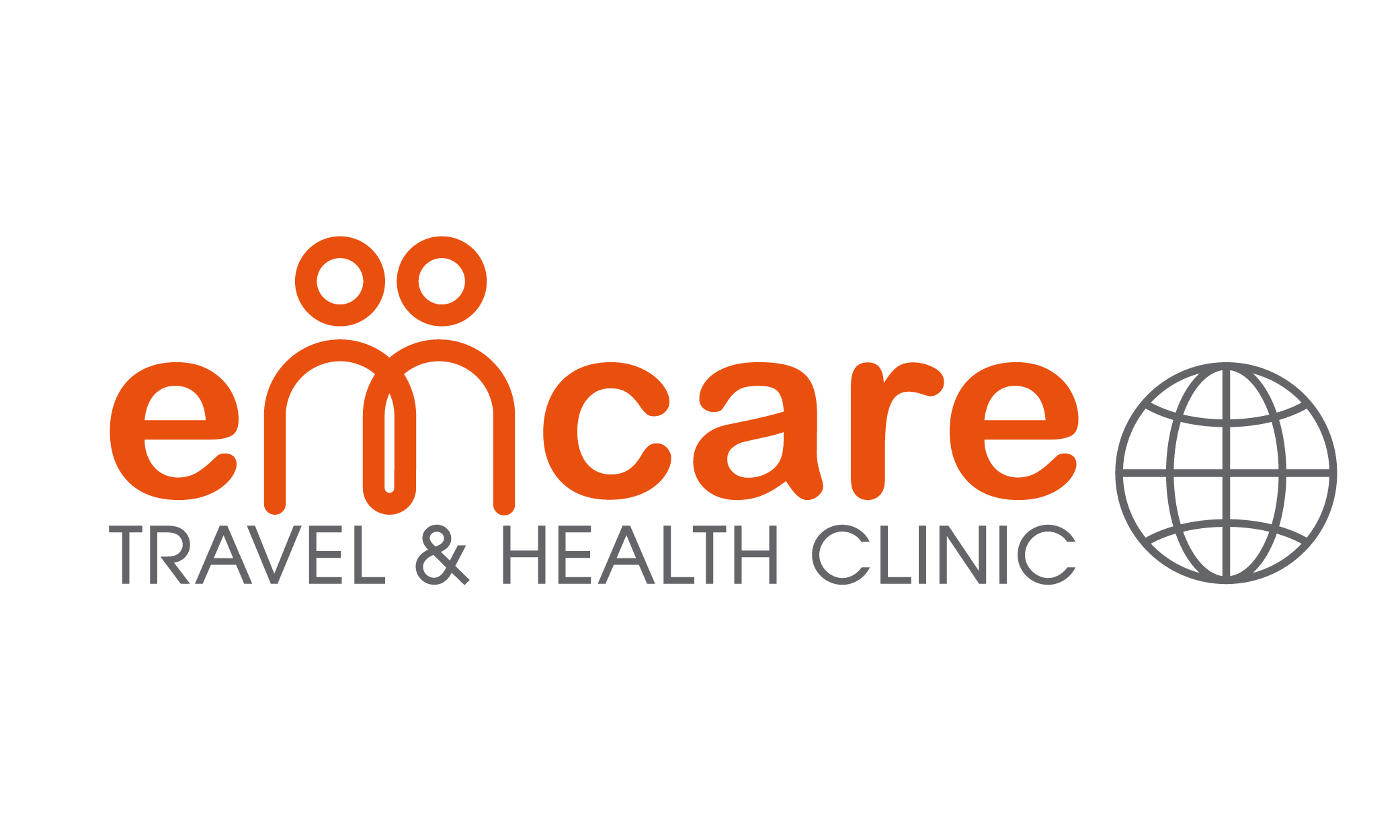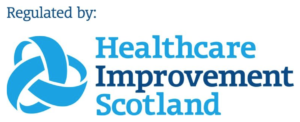International business travel is back in full swing. From board meetings in Brussels to conferences in Singapore, winter is one of the busiest times of the year for corporate travellers. While flights, hotels, and agendas often take centre stage in planning, one element that should never be overlooked is health protection. Vaccinations, preventative medication, and professional travel health advice are essential to keep you and your team safe abroad.
Business trips are demanding by nature—tight schedules, long flights, and packed meeting agendas leave little time for dealing with unexpected illness. The good news? With the right preparation, you can reduce your risk and focus on what matters most: building professional relationships and achieving results.
Why Travel Vaccinations Matter for Corporate Travellers
When travelling for leisure, people often take their time researching local risks. In contrast, business trips are frequently arranged last-minute, leaving little room for careful planning. This is where risks can escalate. A simple oversight in vaccination or medication can turn a successful trip into a costly health crisis.
The Risks You Face
- Seasonal Illnesses: Winter coincides with flu season across Europe and North America. Crowded airports, hotels, and conference halls amplify exposure.
- Tropical Diseases: In many destinations, including Asia, Africa, and parts of Latin America, malaria, dengue, and yellow fever remain real threats.
- Food and Water Risks: Hepatitis A and typhoid are common where hygiene standards differ from those in the UK.
- Unexpected Outbreaks: Even in “safe” business hubs, diseases like measles or meningitis can emerge suddenly.
A carefully planned vaccination schedule ensures you’re protected against these threats, safeguarding both your health and your company’s business investment.
Employer Duty of Care: The Legal Responsibility
Employers sending staff abroad hold a legal duty of care under UK legislation. This includes:
- Health and Safety at Work Act 1974 – obliges employers to ensure staff health and safety, including overseas travel.
- Management of Health and Safety at Work Regulations 1999 – requires assessment and control of risks associated with work activities, including travel abroad.
- Control of Substances Hazardous to Health (COSHH) Regulations 2002 – relevant for employees visiting environments with exposure to disease-causing organisms.
Failing to provide vaccinations or adequate preparation not only puts employees at risk but can expose companies to liability. A structured corporate travel vaccination programme ensures compliance, employee safety, and business continuity.
Core Vaccinations for Winter Business Travel
Different destinations call for different vaccines. Below is an overview of the key vaccinations most frequently advised for corporate travellers.
Seasonal Flu Vaccine
Flu may seem routine, but it remains one of the most disruptive illnesses for winter travel. Transmission is rapid in airports, hotels, and offices, and symptoms can knock even the healthiest professional out of action for a week. The flu vaccine is recommended annually and is one of the simplest ways to protect productivity.
Hepatitis A and Typhoid
These diseases spread through contaminated food and water. For business travellers attending banquets, working dinners, or staying in regions with variable hygiene, these vaccinations are essential. Both are widely recommended across Asia, Africa, Central and South America, and parts of Eastern Europe.
Hepatitis B
Hepatitis B is transmitted through blood and body fluids. Risk factors include medical procedures abroad, accidents, or even routine activities such as visiting barbers. It is particularly relevant for long-term travellers or those with frequent international assignments.
Rabies
Executives may not expect to face rabies risk on a business trip, but animal exposure (even from stray dogs or bats) can occur in many countries. Rabies vaccination is especially important for those travelling to Asia, Africa, or South America.
Japanese Encephalitis
This mosquito-borne illness is a risk across parts of rural Asia. While most business trips focus on urban centres, executives attending factory sites, construction projects, or rural conferences may require this vaccine.
Tick-Borne Encephalitis
TBE is prevalent in forests and rural areas of Europe, particularly in countries such as Austria, Germany, and the Baltics. Business travellers attending outdoor team events or site inspections should consider vaccination.
Yellow Fever
Yellow fever vaccination is compulsory for entry into certain African and South American countries. Travellers must carry an International Certificate of Vaccination (ICVP). Appointments at accredited clinics are essential, as the vaccine is strictly controlled.
Tetanus, Diphtheria, Polio (DTP) Boosters
Travellers should ensure their routine immunisations are up to date. A booster may be required if the last dose was given more than 10 years ago.
Preventing Vector-Borne Illnesses: Malaria, Dengue, and Zika
Malaria
Still a leading cause of severe illness among travellers, malaria requires careful planning. Prevention involves:
- Chemoprophylaxis: Antimalarial medication tailored to your destination.
- Protective Measures: Use of repellents, long sleeves, and bed nets.
- Awareness: Recognising symptoms early and seeking prompt treatment.
Dengue Fever
Dengue is spreading rapidly, including into parts of southern Europe. No routine vaccine is available for most travellers, so prevention relies on mosquito avoidance. For employees attending conferences in outbreak regions, employer guidance on bite prevention is critical.
Zika Virus
Although less prominent since 2017, Zika outbreaks still occur. Pregnant employees or those planning pregnancy must be especially cautious, as Zika poses serious risks to unborn children.
Timing: When to Arrange Vaccinations
Business trips often come together quickly, but timing matters.
- Six to Eight Weeks Before Travel: Ideal window to book a travel health consultation.
- Four Weeks Before Travel: Allows completion of multi-dose vaccines such as rabies or hepatitis B.
- Last-Minute Travel: Clinics such as EMCare Travel Clinic can still provide accelerated vaccination schedules and immediate advice.
Practical Corporate Travel Health Tips
Vaccinations are the foundation, but other preventative measures also matter.
Carry Essential Documents
- International Certificate of Vaccination (if applicable)
- Prescription details for any regular or preventative medication
- Emergency contact details for local health facilities
Maintain Good Hygiene
- Use alcohol-based hand sanitisers
- Drink only bottled or filtered water
- Be cautious with street food and undercooked meals
Manage Jet Lag and Fatigue
Immune systems weaken under stress and fatigue. Adequate rest, hydration, and careful scheduling reduce susceptibility to illness.
Prepare a Travel Health Kit
Include basic first aid items, antimalarials (if prescribed), rehydration salts, and any necessary prescription medications.
Employer Strategies for Safer Corporate Travel
Companies can enhance staff safety by:
- Partnering with a travel health clinic for corporate vaccination programmes
- Providing employees with pre-travel health briefings
- Offering health insurance that covers medical evacuation
- Keeping an updated corporate travel risk policy
These strategies not only reduce risk but also demonstrate a strong commitment to employee wellbeing, boosting staff morale and confidence.
Why Choose EMCARE Travel Clinic for Corporate Travel Vaccinations?
EmCare Travel Clinic is a trusted UK provider of travel vaccinations and health advice. With a focus on both individual and corporate needs, EMCARE offers:
- Comprehensive Risk Assessments: Tailored to your exact travel itinerary.
- Full Range of Vaccinations: Including yellow fever and accelerated courses.
- Corporate Services: Flexible scheduling for busy professionals and teams.
- Expert Guidance: On malaria prevention, vector-borne risks, and destination-specific requirements.
With EMCARE, business travellers receive practical advice and reliable protection, ensuring trips are safe, efficient, and compliant with employer obligations.
Corporate Travel Health Checklist for Winter
| Timeline | Action |
|---|---|
| 8+ Weeks Before | Research destination health requirements |
| 6–8 Weeks Before | Book consultation at EMCARE Travel Clinic |
| 4–6 Weeks Before | Begin multi-dose vaccination schedules |
| 2–4 Weeks Before | Collect documentation and confirm boosters |
| 1 Week Before | Pack health kit and ensure insurance cover |
| During Travel | Practise hygiene, vector protection, and safe food choices |
| After Return | Monitor for symptoms and attend follow-up if needed |
Final Thoughts
Winter corporate travel offers opportunities to connect globally and expand business horizons. But every successful trip begins with preparation—and that includes safeguarding your health. From flu shots to destination-specific vaccines, proactive planning keeps you in peak condition and ensures your company fulfils its duty of care.
Don’t leave your next business trip to chance. Book your corporate travel vaccination consultation with EMCare Travel Clinic.
Protect your health. Protect your business. Travel with confidence this winter.


Recent Comments